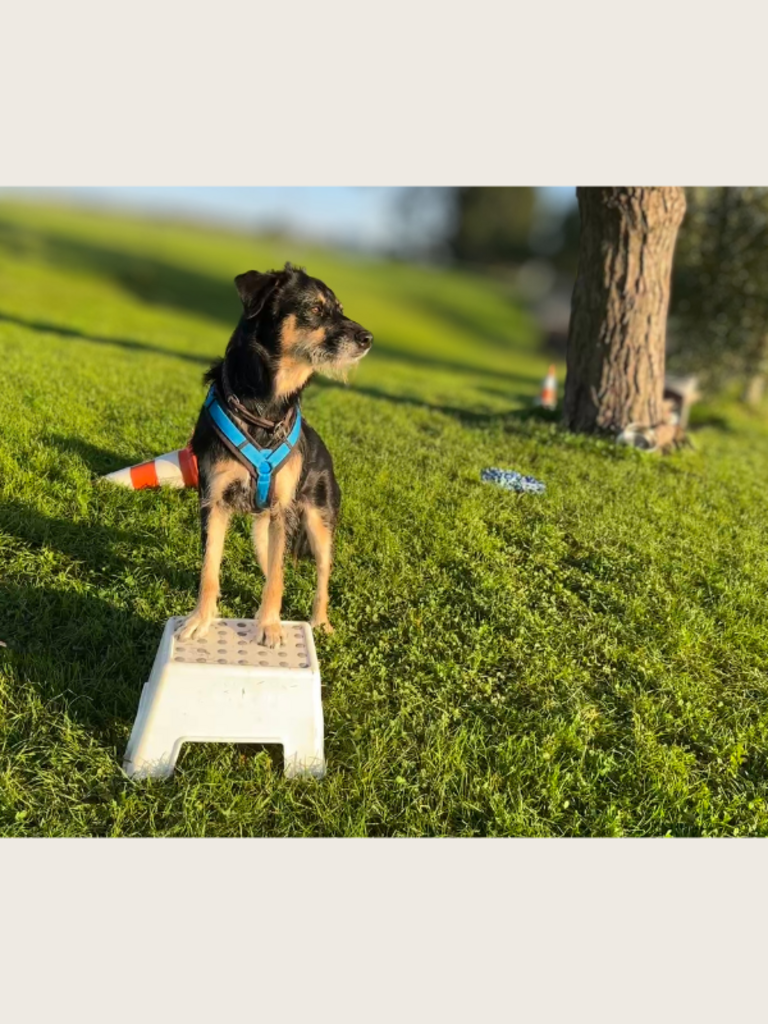We humans have many needs. As soon as the basic needs have been met (which we hope, of course), individual needs are added. These are of course as diverse as we humans are.
Dogs also have countless needs once the basic needs such as eating, safety, drinking and sleeping have been met.
Dogs are just as individual as humans, but you can certainly make a small distinction between the breeds. Herding dogs like to work with their eyes, the great need of the terrier family is to grab, shake and bury things (objects). Many hunting dogs are extremely fond of working with their nose, sometimes with their eyes or even with all their senses. These are just a few examples - every breed has its needs, and in mixed breeds these are often present in a mix.
In everyday life as well as in training, we try to analyse these needs individually for each dog and satisfy them as well as possible. We also choose rewards that satisfy the dog's current needs. A dog that chases a deer and is called back does not want to eat a treat from your hand at that moment. At this moment, all the adrenaline in the body is ready to continue chasing and it makes total sense to throw the dog something that he is allowed to chase.
The dog that wants to play with another dog does not want to pick up a goodie when it is reorientated towards its caretaker, but is happy to play with them, as it was looking for social contact shortly before.
Recognising the satisfaction of needs is not always easy, but it is incredibly important. Finding the right rewards is often a great challenge and requires us to observe our furry friends very closely. Presenting the right reward at the right time is a major hurdle for many people. It is therefore incredibly important that we train the to reward their dogs correctly. This also requires the correct organisation of the rewards. We need to know which reward is in which pocket so that we can access it quickly.
It is therefore always worth finding the right rewards and organising them appropriately. A terrier will be grateful if he is allowed to grab the toy and pull on it with all his strength, only to shake it to death at the end. A Vizsla will certainly be happy about a well-constructed lurking game, so that he can point beautifully and then chase the toy at the end. A Cocker will certainly be happy if he is allowed to follow a self-laid track as an alternative to a game track.
And yes, dog training is challenging and requires not only training but also good handling of the individual rewards, great observation skills and a certain amount of creativity.
Your furry friend will thank you if you give it some thought.
